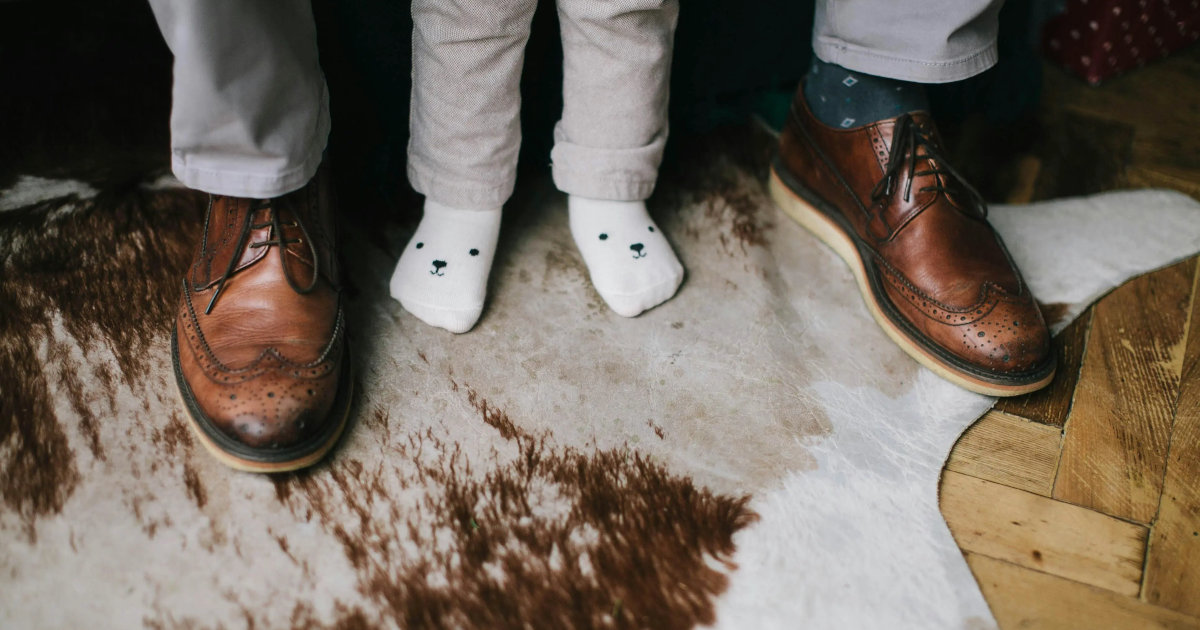The fact that June marks both Men's Mental Health Month and Pride initially feels somewhat at odds.
But, look, as a feminist and someone that genuinely believes that men — predominantly white cis men like myself — should get out of the way of more pressing challenges facing others, the state of male-identifying individuals is terrifying, including those of the LGBTQ+ community.
Statistics Canada reports LGBTQ2+ Canadian-identifying individuals were more likely than heterosexual-identifying Canadians to report their mental health as poor or fair (32% versus 11%). They were also more likely to have seriously contemplated suicide in their lifetimes (40% versus 15%) and to have been diagnosed with a mood or anxiety disorder (41% versus 16%). Additionally, 71% of queer identifying men also said their mental health has worsened in the pandemic, compared to 49% of their non-LGBTQ+ peers, according to a report by the LGBTQ2+ and Young People's Charity, Just Like Us.
All this is to say, there's work to be done with all male-identifying folks, whether part of the LGBTQ2+ community or not.
Men and suicide
Suicide is the second leading cause of Canadian men under 50. Roughly 8 Canadian men complete suicide every day, amounting to approximately 3000 deaths annually. A stunning 9% of men over 15 years of age in Canada have considered taking their own life, and every 4 out of 5 suicides in Canada are males. While thoughts of suicide are relatively equal between men and women, statistics have consistently shown that men are more likely to complete suicide than women. The World Health Organization reports that men account for around 75% of completed suicides.
The reasons behind this disparity are multifaceted. Societal expectations often pressure men to uphold stoicism and hide their emotions, leading to a reluctance to seek help when struggling. This dangerous cocktail of societal norms, limited emotional expression, and the stigma surrounding mental health all contribute to the alarming rates of suicide among men.
Understanding addiction
Another significant aspect of men's mental health is the higher likelihood of developing an addiction. Substance abuse often emerges as a means of coping with internal struggles and emotional pain. The StatsCan Canadian Community Health Survey on Mental Health and Well-being mentions 10% of men experienced symptoms of the surveyed mental health disorders and substance dependencies. Men may turn to alcohol, drugs, or other addictive behaviours to numb their emotions or mask their psychological distress. Moreover, the societal pressure on men to appear strong and independent can intensify feelings of shame and prevent them from seeking professional help. It is vital to recognize that addiction is not a sign of weakness but a manifestation of deeper psychological struggles that require compassionate and professional support.
The barriers to seeking help
One of the most prominent obstacles men face in addressing their mental health concerns is the reluctance to seek professional support. Societal stereotypes that associate vulnerability with weakness have perpetuated the misconception that seeking help is somehow emasculating. This stereotype harms not only men but society as a whole by limiting access to essential mental health resources. According to Canadian Men's Health Association, men only make up 30% of Canadian individuals who use mental health services. Overcoming this barrier requires a shift in societal attitudes and the recognition that seeking support is an act of strength rather than weakness.
Rethinking what stigma actually means
We must actively challenge the stigma surrounding men's mental health to foster meaningful change. We can break stigma down into two buckets: social stigma and self-stigma. Social stigma reflects beliefs and behaviours that are reinforced by common beliefs. For example, the idea that "men don't cry" with others is a social stigma. As we grow up, social stigmas shape our view of the world, and naturally, it influences our beliefs about ourselves. Self-stigma is the inner dialogue that says, "I don't deserve to feel better" or "I can get by alone" and holding on to these stigma's chips away at your mental health over time.
Tackling self-stigma is a complex but necessary step that men need to lean into. We can do that by educating ourselves and others about the importance of emotional well-being. Creating safe spaces for men to express themselves without fear of judgment is equally important. It is essential to encourage open conversations and normalize the idea that seeking help is an act of self-care — and is, in fact, the modern version of "manning up."
So what can we do this month?
Sure, addressing men's mental health requires a collective effort from individuals, communities, and institutions. But this month will only solve some of this. Instead, we can focus on small actions, such as these:
1. Talk with one man about mental health
Reach out to a male friend, family member, or colleague and express your genuine concern for their well-being. Let them know that you're there to listen and support them.
2. Build your emotional literacy
Take time to identify and understand your own emotions. Pay attention to how different situations or experiences make you feel and try to articulate those emotions.
3. Rethink “manning up”
Encourage a diverse definition of masculinity that values emotional vulnerability and rejects toxic stereotypes.
4. Normalize help-seeking behaviour
Celebrate and acknowledge individuals who seek professional support, emphasizing the strength and courage it takes to prioritize mental health.
5. Give therapy a try
Here at Shift Collab, we have therapists who are keenly focused on men's issues. Get started by completing our 5-minute matching quiz.
By acknowledging the unique challenges faced by male-identifying individuals and promoting a culture that embraces emotional vulnerability, we can create a society where men feel empowered to prioritize their mental well-being — one small step at a time.
























